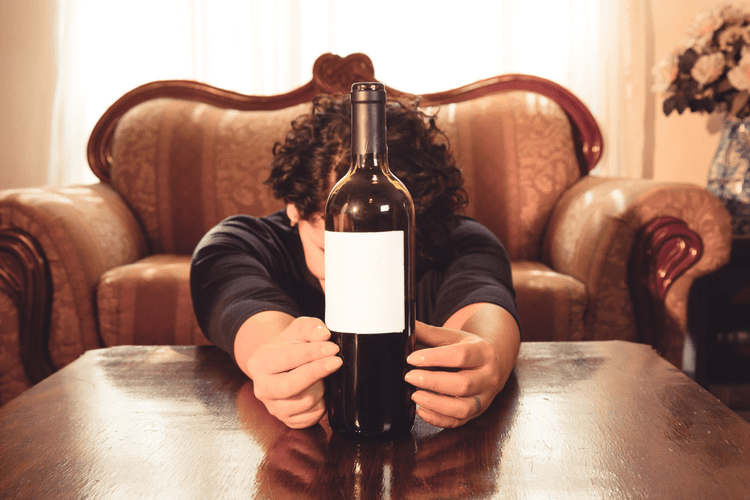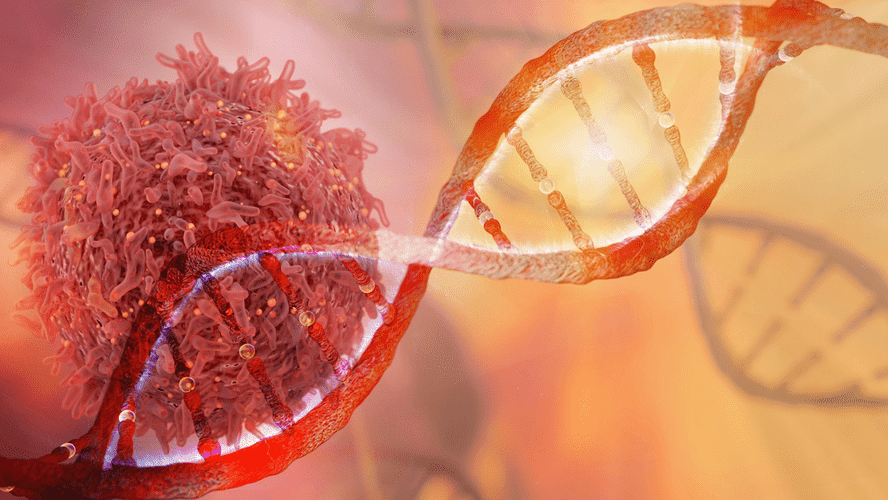Understanding the role of guilt and shame further emphasizes the importance of self-compassion in prevention. Instead of viewing relapse as a moral failing, it is essential to approach it as a step in the learning process of recovery. Developing new coping mechanisms and fostering resilience with the help of support Substance abuse networks can significantly mitigate these emotional reactions. The journey of recovery from addiction is often intertwined with complex psychological dimensions, particularly when facing relapse.
Your Struggles Don’t Have To Stay Silent.
Unearth the path to recovery by finding good drug treatment centers tailored to your unique needs. Inpatient rehab costs vary widely due to factors like treatment complexity, stay duration, and location. Recognize early signs of alcohol dependency, from physical symptoms to behavioral changes, and seek professional help to regain control and improve relationships. Inpatient alcohol rehab costs range from $6,000 to $20,000/month, covering services like therapy, detox, and meals. Financial assistance options help make treatment more accessible. Text support services have become increasingly popular and accessible.
Expert Tips – Can Alcohol-Induced AFib Be Reversed? Conifer Park
- Certain things can sabotage sobriety, such as dysfunctional family dynamics, toxic friendships, social isolation, and unhealthy daily routines.
- Seeking support, practicing self-care, and engaging in healthy coping mechanisms can significantly reduce the risk of relapse and promote long-term recovery.
- Relapse is something that can but doesn’t have to be part of the recovery process.
For example if you’re going to Alcoholics Anonymous (AA) or Narcotics Anonymous (NA), you can change the number of meetings that you’re going to. Trying a different pathway to healing such as learning a new coping strategy, medication assisted treatment (MAT), or doing something you haven’t done before, may be the change you need. If you experience a craving or go through withdrawals, it may be difficult to stay strong, but you can do it. Try focusing on what coping strategies are working and what has worked for you in the past to resist using your drug of choice or drinking. Relapse—or recurrence—happens when someone returns to using a substance or drinking after they’ve decided to quit.
- They won’t always happen in the comfort of your home, or when you’re about to have a day off.
- For those seeking addiction treatment for themselves or a loved one, all phone calls are confidential and are available for 24/7 help.
- Conifer Park’s Inpatient Rehabilitation offers a structured, supportive environment to help individuals overcome addiction through therapy, medical care, life skills training, and community support.
- These medications allow individuals to regain stability and focus on their recovery journey.
How to Navigate Social Situations Without Substances
People might go through one or more relapses before they succeed. Discover how anger and addiction are deeply connected, and why recovery means understanding the unconscious forces driving your behavior. Consider having some plans in your back pocket for tough situations that you can take care of ahead of time. For right now, you need a plan for how to either avoid triggers and pressures, or how you’re going to get through i relapsed now what them in the safest ways possible.


Write out both your recovery plan and your relapse prevention plan. Next to each, add the techniques you and your therapist or support team have come up with to manage it. It indicates that some parts of your recovery plan need tweaking, not that the entire journey is off course. Each step back offers an opportunity to learn more about yourself, your needs, and the best strategies for you. With each setback, you can gain strength and insight, making you more equipped to continue on your path to recovery. These can arise from daily stresses or unexpected life events, activating cravings and leading to impulsive decisions.
- Notify your support system, consult a healthcare professional, and reassess your recovery plan.
- Self-care can also mean taking better care of your emotional needs.
- Share your relapse with trusted friends or family members who can offer encouragement, understanding, and assistance.
- These individuals tend to feel like “failures” when they relapse, so they keep it to themselves.
Reaching out to professionals like those at Assure Recovery Center is crucial after a relapse. We can provide valuable guidance, help you understand the underlying triggers, and develop an effective recovery plan. Our team can also offer coping strategies and assist you in identifying potential patterns or behaviors to avoid in the future. Relapse can provide valuable insights into the factors that contribute to the recurrence of unwanted behaviors or habits. It is crucial to reflect on the circumstances leading up to the relapse and identify the triggers and warning signs that may have gone unnoticed. By understanding these triggers, individuals can develop strategies to better manage them in the future.
It is important to approach relapse with self-compassion, seek support, and learn from the experience. These cravings are compulsions, not choices—they are out of your control. And having a moment of recurrence doesn’t mean that you’re not trying hard enough. These physical consequences highlight the importance of maintaining positive behaviors and avoiding relapse https://farhadpro.com/alcohol-related-disorders-understanding/ in order to safeguard one’s physical health. In fact, researchers have found that excessive internet use can trigger questionable behaviors, such as extreme online porn use (cyber-porn) and porn addiction.

